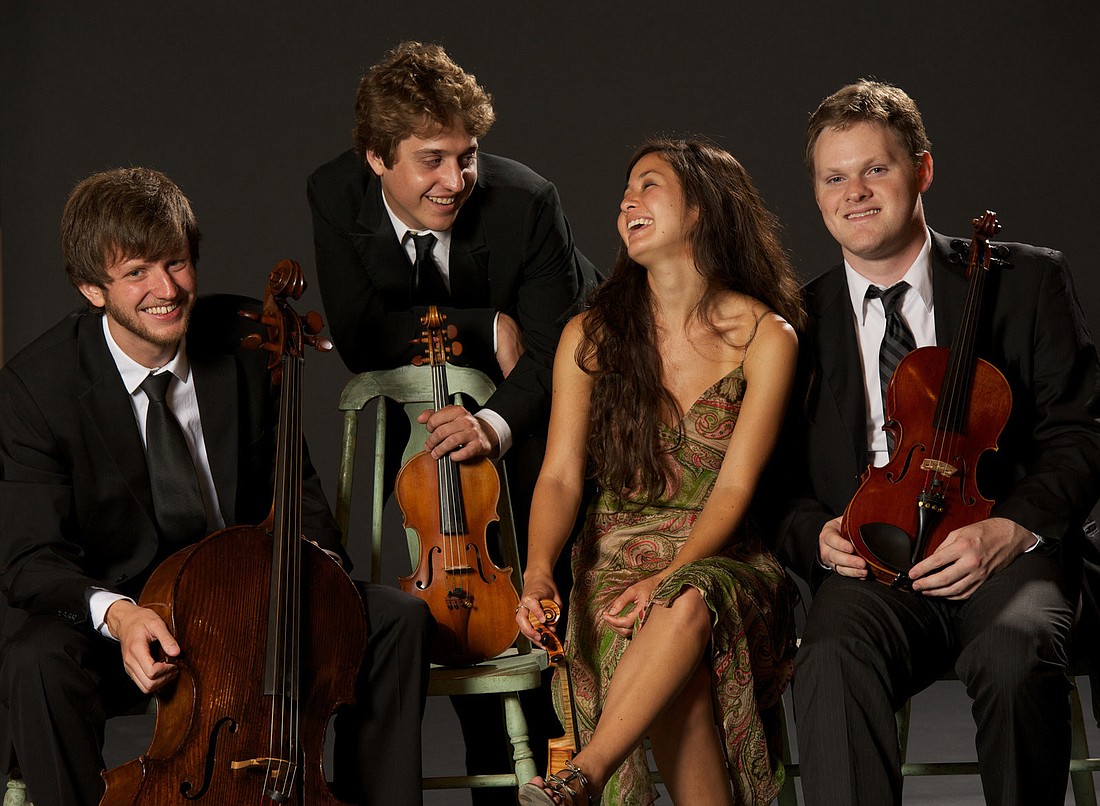- November 26, 2024
-
-
Loading

Loading

I’ve seen very few silent films in my time, but my father used to accompany them when he was a teenager growing up in Manhattan, N.Y. He went on to be a pediatrician, but he remembered those days in the 1920s when he played piano for the likes of Pickford, Gish and Garbo. Of course, there were some famous composers who wrote for the silent screen, including Saint-Saens and Ippolitov-Ivanov but, for the most part, in the smaller houses with just a single pianist, a lot of the accompaniments were improvised, drawing on stock ideas for emotions and compiling themes from well-known classical works into what became a musical genre of its own.
This season’s Ringling International Arts Festival, under the artistic direction of Mikhail Baryshnikov and the artistic administration of pianist Pedja Musijevic, was smaller than in past years but still offered some stunning — and unusual — performances that ran the gamut from dance and theater to chamber music and films. The event that came closest to what we think of these days as a concert was a showing of Buster Keaton’s 1924 silent film, “Sherlock, Jr.,” a clever, rollicking, imaginative, creative bit of small-screen movie-making that proves the 21st century doesn’t have quite the lock on innovation we think it has.
Pianist/composer Stephen Prutsman put together a charming score that he and the Aeolus Quartet performed live, while we were sent hurtling through time to a gentler, funnier and, yes, more ingenious way of life. Using not only his piano and string quartet but also incorporating kazoos, percussion instruments, varied string bowings, scratchings and hilarious foot stomps and scrapings, Prutsman did for Sherlock and friends what Wagner did for his “Ring,” giving each character — from the dastardly villains to the beautiful heroine — a motif and even accenting perilous car chases and precipitous falls with perfectly timed booms, pops and chord crashes.
The Aeolus is currently the Graduate Resident String Quartet at Juilliard and its members seemed to be having a ball playing Prutsman’s clever and difficult score. Whether the music could stand on its own without the ingenious doings on the screen is questionable but, as musical accompaniment for this movie, it was brilliant and brilliantly played.
Keaton, who directed and starred in the movie, proved to us that we of modern times hardly have a lock on brilliance and inventiveness. Without mugging or overacting, “Sherlock, Jr.” tells the story of a movie house projectionist who wants more from life, dreams of being a hero (like Sherlock Holmes) and winning the beautiful girl. In a dream sequence that is so fertile with imagery it makes modern-day computer-generated images look like superficial gimmicks, Keaton makes us use our lowly imaginations as we haven’t used them in years. Prutsman’s score, slyly incorporating bits of well-known classical themes and a big section of “Anchors Aweigh,” along with all the musicians’ talents, simply enhanced an already inspired piece of filmmaking.
Movies, like lives, were generally shorter back then. This performance in the Historic Asolo left us wanting much more than the allotted hour, which simply flew by.